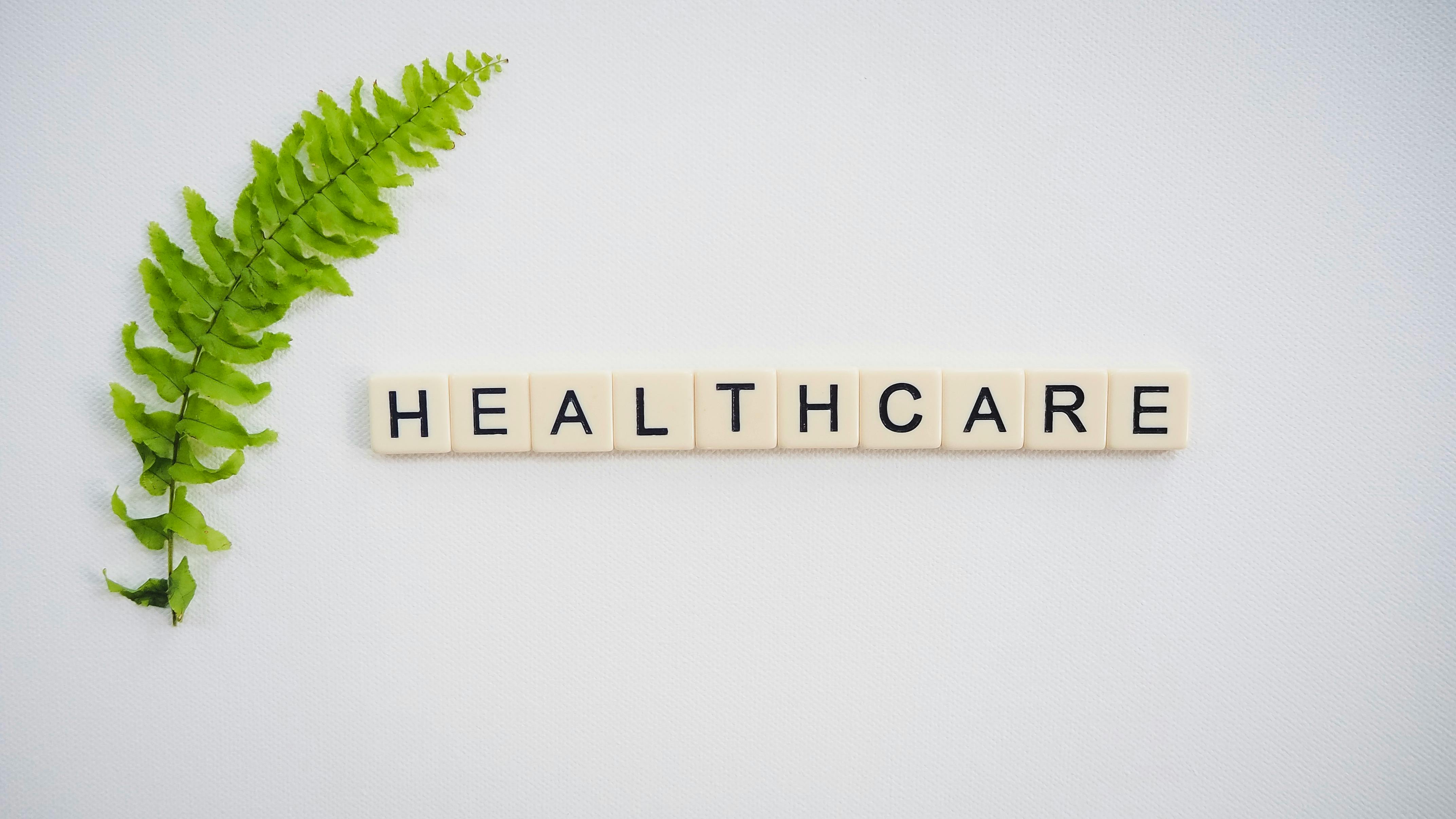

Author: Gaurang Garvit
Published on-
15 October 2024
Health Technology
HEALTH TECHNOLOGY
“The future of healthcare is being shaped by digital advancements, where technology is the prescription for healthier tomorrow.” - anonymous
In a world where technology is revolutionizing every corner of our lives, the intersection of health and technology is like a heartbeat syncing with the future. You can imagine a smartwatch, that along with calculating your steps, records an unusual pattern in your heartbeat and alarms you before a crisis. This is not a science fiction but reality. The modern healthcare technology is a space where healthcare system becomes predictive not reactive and where distant clinics come into the palm of your hand.
The days are far gone when people had to meet doctor physically for treatments and their own wellness. Now, it’s the era of telemedicine, where a person sitting in a remote area can get access to healthcare by a professional doctor. Wearables and apps have made normal citizens an active participant in their wellness journey. They can track sleep, heartbeat, calories, protein and much more. Virtual reality, very popular among e gamers is now helping doctors to train themselves for complex surgeries in a risk-free environment. Also, it is helping innocent people to divert their mind during complex surgeries or treatments.
What makes the healthcare technology more remarkable? Its ability to bring people closer to their own body. It’s a revolution for the whole world. The technology doesn’t just support life but also enhances it. The pulse of tomorrow’s healthcare beats with digital rhythms, turning a world which was once clinical into a symphony of innovation and care.
Health Technology encompasses a broad range of products, services and systems designed for the overall well-being of patient. Here is a breakdown of all the key innovations and technologies:
1. BIOTECHNOLOGY:
“The promises of biotechnology are vast – renewable energy, healthier lives and a cleaner planet. It’s not just a science; it’s a revolution.” - Kiran Mazumdar-Shaw
Biotechnology simply uses organisms, cells and system to develop products and solution for the medicine. It plays a vital role in drug development, diagnostics and creating personalized medicine for patients.
Here is a list of Bio-technologies that have revolutionized the world:
a) Recombinant DNA Technology: It involves combining DNA from different sources in order to obtain Genetically Modified Organism (GMO). It is done in order to obtain a specific characteristic in an organism. The first Recombinant DNA molecule was prepared by Paul Berg, Herbert Boyer, Annie Chan and Stanley Cohen in 1973. They were from Stanford University and from University of California San Fransico. The very best example of Recombinant DNA is Human Insulin, which was the first commercial product related to healthcare. Today, it is widely used to make new antibodies and vaccines, especially for Hepatitis B.
b) Monoclonal Antibodies: Its development began in 1970s with George Kohler and Cesar Milstein using hybridoma technology. Their work won a noble prize in 1984, which led to a FDA approved first monoclonal drug named, Muromonab CD3 in 1986. Monoclonal Antibody is a laboratory created, which targets specific antigen. It is widely used to cure cancer and infection in medical field.
2. Magnetic Resonance Imaging (MRI): The Magnetic Resonance Imaging is a non-invasive medical imaging technique which is used to get detailed image of organs and tissues inside the body. It utilizes magnets, computers and radio waves to get the detailed image of a patient without exposing him or her to harmful radiation. It was in 1970 when Raymond Damadian, displayed the use of Nuclear Magnetic Resonance for medical imaging. Later on, two persons named Paul Lauterbur and Sir Peter Mansfield refined the imaging process. In 2003, Lauterbur and Mansfield got Noble Prize for it. It is widely used today in medical field for brain and spine imaging, cardiac imaging and musculoskeletal imaging. It is a critical tool in diagnostics, helping doctor with a clear and detailed image of tissues and organs. It helps in analyzing a wide range of medical conditions today.
3.Orthopaedic Robots: These robots have revolutionized the surgeries around globe. These assist surgeons in performing complex surgeries like spine surgery, with a higher degree of accuracy. The use of these robots in surgery dates back to 1980s, with the development of ROBODOC system. This ROBODOC system helped surgeons in hip replacement surgery by preparing precise bone. After it was declared a massive success, more advanced technology like MAKO AND ROSA were developed. MAKO is used today in partial knee and total hip replacement offering precise bone cuts and implant placement. ROSA on the other hand is used for spine and knee surgery, by allowing real time feedback to adjust for patient specific anatomy. These two have represented a significant technology in surgical world. As their role is expected to grow in future, with the advancing technology, they would offer better results to patient worldwide.
4. Electrocardiogram: Electrocardiogram or ECG dates back to 20th century. In 1903, Willem Einthoven, a Dutch physiologist, invented it and got Nobel prize for it in 1924. The ECG machine helps doctor record the electrical signal produced by heart, to diagnose heart conditions like cardiac arrest and other cardiac issues. The electro nodes are placed on skin of a patient which records the electrical impulse produced by heart, producing a waveform on paper or on digital screen. The waveform consists of P, QRS and T waves representing different activities of heart. A widely used example of this is 12-Led ECG machine which helps doctor view the heart’s activity from different or various angles.
5. Mobile Health Apps or MHealth: With the fast and emerging world, the use of smartphones has increased. We depend on it for so many things in our life, let it be ordering food, monetary transaction, messages, calls etc. The health professionals understood the potential of smartphones and its dependency in day-to-day life, so they created these mobile heath apps. The purpose of these apps is to educate a person, track and monitor their day-to-day life, to make them aware about diseases. These apps track steps you have walked, your heartbeat, calories, protein, fat, carbs that you eat, they give you suggestions about what to eat and if they notice any warning signals in your health, they inform your earlier. They also help you to be healthy mentally by offering you meditation courses, stress management courses and so on. The very best example of MHealth apps are Headspace, Glucose buddy and MyFitnessPal.
6. Extracorporeal Membrane Oxygenation (ECMO): It is a therapeutic machinery that serves as a last resort for patients with severe heart and lung failure. It provides prolonged cardiac and respiratory support to patients. Its development dates back to 1970, where an inspiration was drawn from a heart-lung machine used in cardiac surgery. DR. Robert Barlett is credited with advancing ECMO machines. These machines are also widely used for newborn kids, who have severe respiratory issues. It works by pumping blood from human body to the machine, where carbon dioxide is removed and oxygen is infused in it. Before, transferring the blood from machine to human body, the temperature of blood is adjusted according to the human body. ECMO is of two types (VV) ECMO and (VA) ECMO. VV ECMO supports only lung function whereas VA ECMO supports lung as well as heart function both.
These technologies and machines significantly advance healthcare by making it more precise, personalized and accessible. They contribute to improved diagnosis, treatment and patient care, transforming healthcare landscape.
In tracing the history of revolutionary healthcare technologies such as MRI, ECG, orthopedic robots, ECMO, biotech advancements, and mHealth apps, it's evident that the continuous evolution of these innovations has significantly improved patient care and medical practices. At SeekFactory, we take pride in being at the forefront of supporting this evolution by providing end-to-end manufacturing solutions. Our commitment to precision, quality, and technological integration ensures that we empower brands to innovate seamlessly, making advanced healthcare technologies more accessible and effective. By bridging the gap between concept and production, SeekFactory plays a pivotal role in shaping the future of healthcare, where cutting-edge technology meets human well-being.
Contact Seekfactory
To learn more about how Seekfactory can enhance your supply chain resilience in the consumer durables sector, please reach out:
- Phone: +86 15257533672
- Email: info@seekfactory.com
We look forward to helping you strengthen your supply chain and achieve your business goals!

